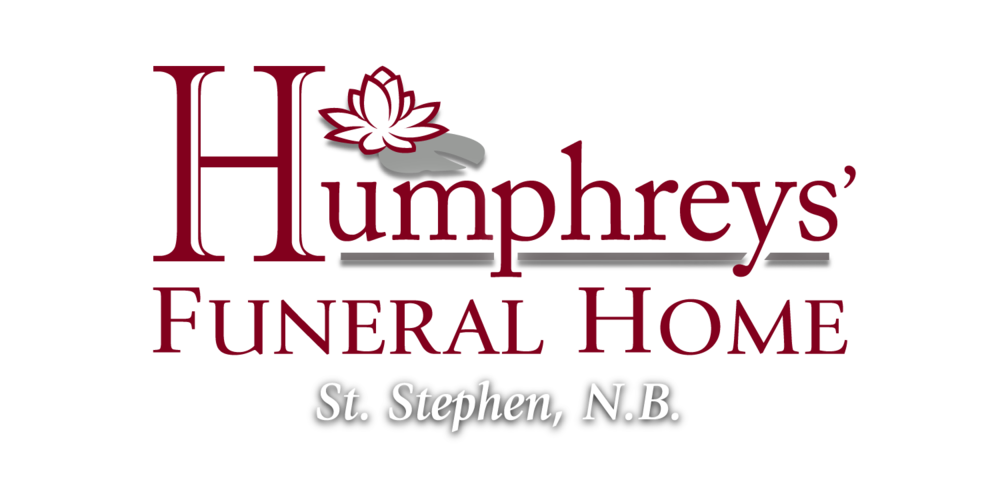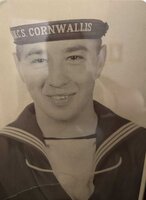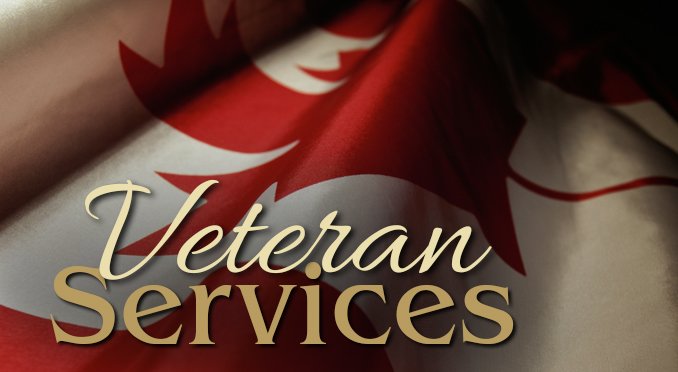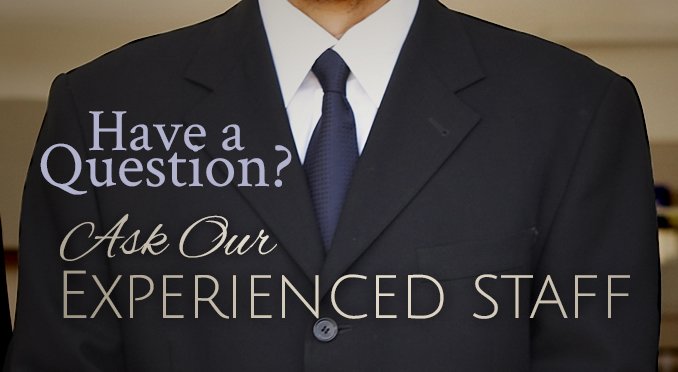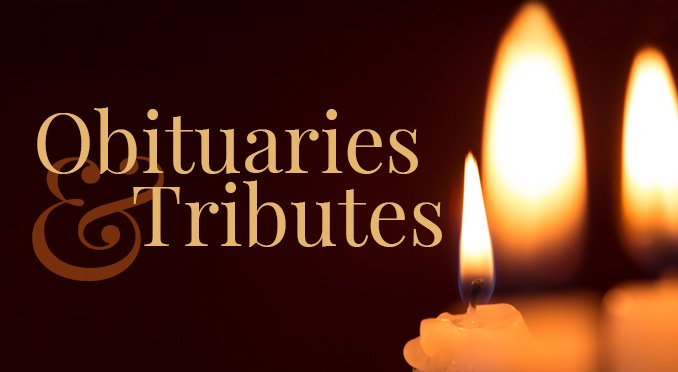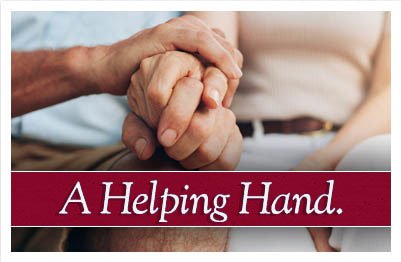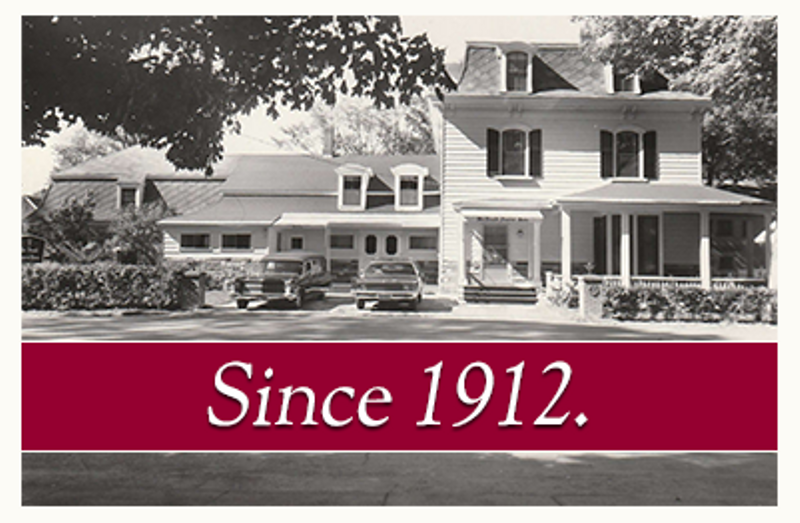A Death Has Occurred
Click to Contact Us Now
Tomorrow's Tasks
Following the funeral when family and friends begin to return to work and other responsibilities, you may be left with the task of finalizing your loved one's personal affairs. Coupled with all the other changes you face, we understand that you may find this a bit overwhelming.
To assist you as you begin this process we have assembled some general information and reminders. While this doesn't cover every circumstance and may include some issues that don't concern you, we hope it will help you get started. Where possible we have tried to provide contacts for further information, but if questions remain please call us for assistance in finding the answers you need.
Some of these affairs may be dealt with by the executor or administrator of the estate, with or without the presence of a Will. If you are not the executor you should begin by discussing the situation with the person or persons given that responsibility. If you are unsure as to whether or not a Will exists, or where it is, a family lawyer would likely have that information.
While this information is typical of that often required by many people at a time of loss, it is provided only as a general guideline and is not necessarily complete or entirely current. It is not intended as a substitute for appropriate professional guidance in handling important legal and financial arrangements.
Assembling Documents
For many of the tasks outlined here you will require appropriate identification of your own as well a variety of documents pertaining to the person who has died. You should, if possible, gather their birth certificate, social insurance number and proof of death certificate (available from the funeral home). If you are. the surviving spouse you should have your marriage license (if one exists). Banking records, insurance policies, real property title documents, mortgages, stock certificates, bonds and other financial information will also be helpful.
Financial Matters
Banking
Notify the bank or banks where the person did business and ask for the individual responsible for estate matters to assist you with examining, closing, transferring or changing bank accounts, loan agreements, safety deposit boxes and other banking arrangements. Outstanding loans may have been life insured.
Charge Cards or Credit Cards
Any charge or credit cards in the name of the deceased should be cancelled. Contact the issuer to do so and to make arrangements to pay out or transfer any existing balance. Some cards offer insurance programs, ask if any such coverage exists.
Life Insurance Policies
Try to locate copies of all existing policies before contacting the insurance company(s) to request claimant forms. Remember there may be private life insurance coverage purchased directly from an agent as well as group insurance purchased through an employer or association. Be aware that some credit cards include life insurance covering sudden death when traveling.
Income Tax
Revenue Canada usually requires that an income tax return be prepared and submitted for the deceased, for the year of death. This is required within six months of the date of death. For information contact the Revenue Canada Taxation Centre - check the Government of Canada section of your telephone directory for their number and location.
Registered Retirement Savings Plans (RRSP) and Registered Retirement Income Funds (RRIF)
RRSP and RRIF purchasers designate a beneficiary - an individual to whom the funds are, transferred in case of their death. The beneficiary may have the choice of cashing-in an RRSP or transferring the plan into their own name. In the case of an RRIF, a surviving spouse may have the option of increasing or decreasing the payments they receive. As there may be complicated tax issues involved, it may be wise to seek professional advice before making a decision. Call the person or institution from whom the plans were purchased to review your options.
Canada Savings Bonds (CSB) or Guaranteed Investment Certificates (GIC)
Again, a designated beneficiary will have choices to make with regard to leaving the money invested or receiving cash right away. Funds can often be released with a proof of death certificate, Talk to your bank or the issuing institution about your choices.
Other Investments
Many people maintain a portfolio with an Investment Dealer or Stock Broker as a method of investing their savings and/or generating income. Contact any Investment Dealer ' s who the person dealt with to determine their holdings and the procedures necessary to transfer ownership of the investments.
Canadian Government Benefits
The Canadian Government through Human Resources Development Canada (HRDC) administers a number of benefit programs that you may be eligible for.
There are three types of benefits offered where the person who died has made sufficient payments into the Canada Pension Plan:
- Canada Pension Death Benefit - a one-time payment to the estate.
- Surviving Spouse Benefit - a pension paid monthly to a surviving spouse.
- Orphan's Benefit - benefits for surviving dependent children. In addition there may be, benefits available through the Old Age Security program if the person who died was receiving Old Age Security. (Note that if the cheque for the month in which the death occurred arrives after the time of death, the next of kin is entitled to those, funds.) There may also be other income security programs available depending upon your circumstances.
For complete information and assistance, contact your local 14RDC office - check the Government of Canada section of your telephone directory for their number and location.
Superannuation
Those who have been employed by the Government of Canada may be eligible for benefits through the Superannuation program. Call 1-800-561-7930 for further information.
Veteran's Benefits
If the person served in the Canadian Armed Forces during either World War or the Korean Conflict their estate may be eligible for Veteran's Benefits. (This does not require overseas service.) Eligibility is based upon financial need, Your funeral director may have discussed this, however if you require further information, contact Veteran's Affairs Canada or your local branch of the Royal Canadian Legion. (Last Post Fund 1-800-561-0505)
Union Benefits
Death benefits may be available to the survivors of deceased union members or past members. Contact the union president or local executive for information.
Other Things To Consider
Contact the provincial motor vehicle authority to cancel your loved one's driver's licence.
Automobile, health and home insurance policies may have to be cancelled or amended.
Notify the provincial health care program.
If necessary Canada Post will forward mail to another family member.
A proof of death certificate is required to arrange this.
You may wish to cancel magazine or newspaper subscriptions and any club or other memberships.
Prescription drugs should be disposed of - they can be returned to your local pharmacy for safe disposal.
Eye glasses and hearing aids can be returned to your local optometrist or audiologist (some participate in programs that make such items available to the needy in third world countries)
Whenever you feel ready, clothes and/or other personal belongings can be distributed among family and friends, taken to consignment stores or donated to Churches or the Salvation Army where they will be gratefully received and put to good use benefiting those in need.
Some acquaintances of your loved one, whether business or personal, particularly those from out of town, may not be aware of the death. Those with whom regular contact has been kept - even if infrequently - should be notified. This can take place when you feel comfortable with the task or another family member might do this on your behalf.
The Executor's Checklist
On the next page you will find a detailed Executor's Checklist which you may find helpful if you are charged with that responsibility. While the earlier sections of this document are intended to provide, general information and helpful contacts, the checklist offers you a task-by-task guide, in point form, of the process often followed by an Executor.
While we remind you that this information may not be entirely current or complete when it reaches you, it does cover many of the things you may have to deal with in the coming weeks. We hope you find it helpful.
